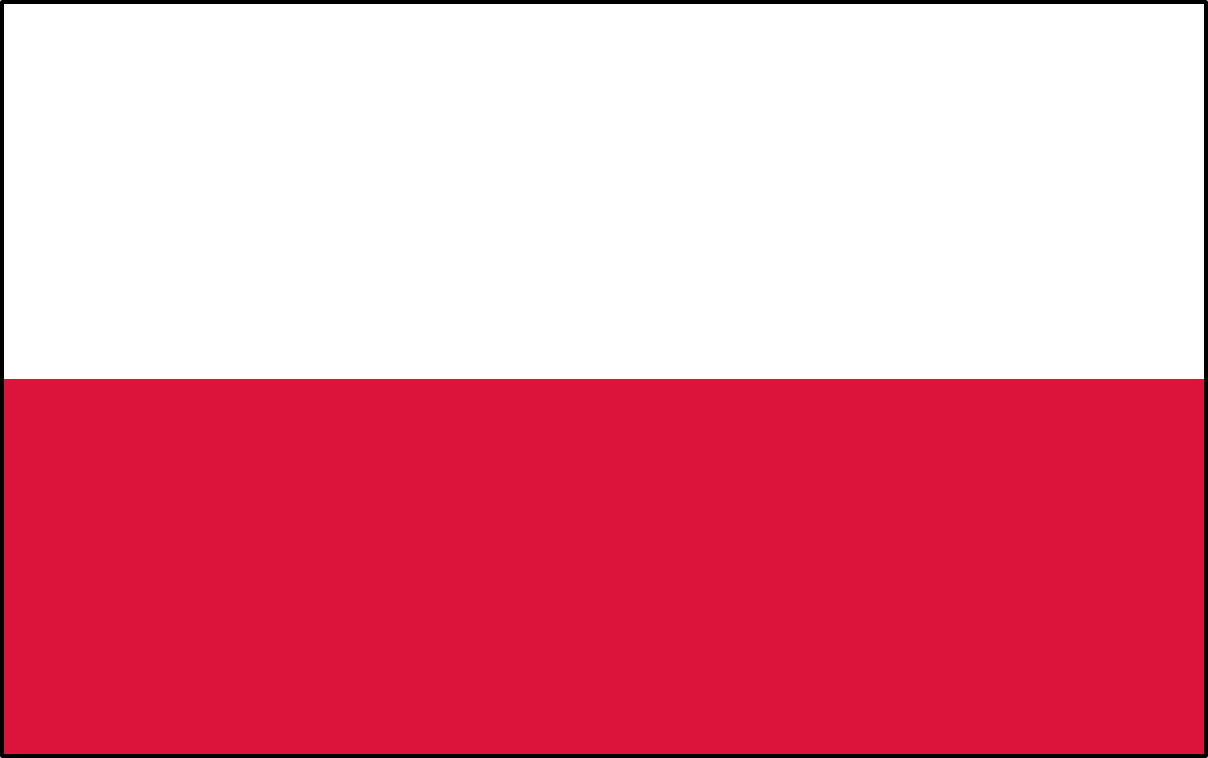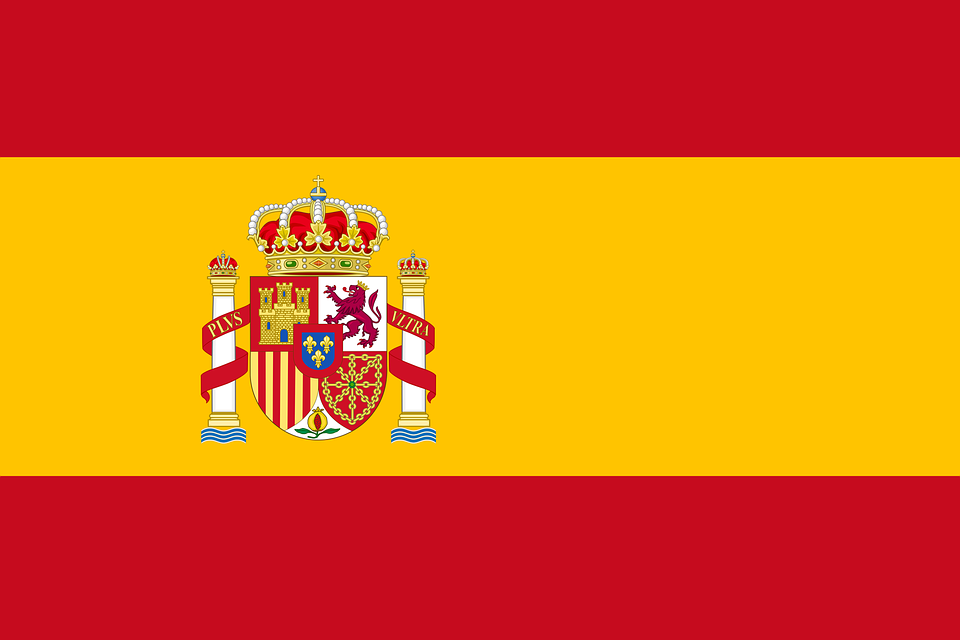In this article, I, Michal Slowak (University of Glasgow and Cambridge graduate), will cover one of the most popular educational curricula in the world and an educational system to prepare you to study abroad—the International Baccalaureate Diploma.
To avoid any confusion, we will start with a quick disclaimer: this article refers to the International Baccalaureate Diploma — which is the diploma obtained after finishing the final two-year part of the International Baccalaureate.
The International Baccalaureate (IB) itself is a whole educational system that starts from primary school and ends with being awarded the International Baccalaureate Diploma!
Still confused? Then let’s get into it.
What is IB Diploma?
IB Diploma programme is an internationally recognised 2-year program for students in grades 11 and 12 (i.e. two final years of high school) that culminates with the final exams that if passed, allow the student to receive the IB diploma. IB as a curriculum was invented in 1968 in Switzerland and is currently offered in more than 5,000 schools and 140 countries around the world.
As the name suggests, IB is international to the core, and due to that fact, it is taught and examined fully in the English language.
The International Baccalaureate is a unique programme, which in many ways differs from a standard high-school curriculum, as well as from SAT or A-Levels.
There are many aspects of IB that make it extraordinary.
One of them stems from the fact that in IB it is students, rather than teachers, who are responsible for their learning.
In IB, it is a student that chooses his subjects and learns from the IB's official resources, whilst the teacher serves a role of a mentor who supervises the student’s tasks and ensures the education runs smoothly.
IB is also unique as to complete it, the student is required to engage in extracurricular activities.
The whole system, differently from other curriculums is focused not only on educating the student but primarily on preparing the student for the university-level work and academic independence required at the undergraduate and master’s levels.
Besides preparing a student for university-level work, and equipping students with critical thinking tools, the IB programme includes a mini-dissertation, requires community service, and aims “to develop inquiring, knowledgeable and caring young people who help to create a better and more peaceful world through intercultural understanding and respect.”
I went through IB and passed it, and had friends who studied A-Levels as well as friends who went to regular high schools—I can certainly confirm the uniqueness of IB.
I can also promise you that it is uniquely hard and its notoriety for putting high standards is not a myth. But we will get to this shortly.
How does the IB system work and how to get the IB diploma?
Let’s first explain how it works. Here, we’ll go step-by-step due to its complexity.
To get an IB diploma, differently to many other systems of education, a student must complete studies in six subject groups. These are:
- Arts
- Individuals and Societies (e.g. History)
- Language and Literature (e.g. English Language)
- Language Acquisition (e.g. Spanish Language)
- Mathematics (e.g. Math Studies)
- Sciences (e.g. Chemistry)
To put it simply—to get the IB diploma, you need to pass six subjects, each from the groups above.
This fact shows the difficulty of IB and the emphasis this system puts on holistic education.
But wait, there’s more!
You can either choose the difficulty level SL or HL at which you will study and pass your subjects!
But wait, SL and HL, what are these all about?
To put it simply: students can study the 6 chosen courses at two levels—the Standard Level (SL) or the High level (HL).
IB requires that at least 3 of the 6 courses must be taken at the HL. The Three HL courses that students choose are usually subjects in which they want to pursue their further education. The HL courses can be considered somewhat more important than SL courses as they indicate the direction in which the student wants to go.
Let’s say a student wants to study politics like myself.
In that case, he/she could choose History, Psychology, and English at HL, to tailor him/herself to the requirements of his future course.
This is the element of independence that IB allows for.
Even though the system forces us to pass all six subjects, we can choose which 3 we want to specialise in or gain extra knowledge.
As an example, I would end up studying politics and philosophy at the University of Glasgow as an undergraduate and then do my master’s at the University of Cambridge. These are the IB courses I took:
- History (HL)
- English (HL)
- Polish Literature (HL)
- Biology (SL)
- Psychology (SL)
- Math Studies
Note: back in the day, Maths was the only subject that included three levels of advancement – HL, SL, and the lowest level: Maths Studies. IB no longer offer this specific course.
Is that all to IB? Well actually, no.
IB also requires extracurricular work and some specialised work. Alongside the 6 subjects, IB students must also complete studies in three core disciplinary approaches.
Theory of Knowledge
This is the first core disciplinary approach.
Theory of Knowledge (TOK) is a core and mandatory component of the IB diploma which revolves around the subject of knowledge, truth, and mechanisms of gaining knowledge.
The most central questions that students debate at TOK are: “How do we know?”, “What counts as evidence for X”, “How do we judge which is the best model of Y”, or “What does theory Z mean in the real world?”.
As the official IB website on TOK states, ‘Through discussions of these and other questions, students gain greater awareness of their personal and ideological assumptions, as well as developing an appreciation of the diversity and richness of cultural perspectives.
As a person who took Philosophy as his undergraduate degree, I would say that TOK could be compared to basic philosophy or more precisely to the philosophy of knowledge. TOK course is assessed through a 1,600 words essay.
CAS: Creativity, Activity, Service
This is the second core disciplinary approach.
Creativity, Activity, and Service (CAS) is the second of the three essential components that every student must complete as a part of the IB Diploma Programme. The three strands of CAS that are often interwoven with particular activities are the following:
Creativity – arts, and other experiences that involve creative thinking
Activity – physical exertion contributing to a healthy lifestyle, complementing academic work elsewhere in the programme.
Service – an unpaid and voluntary exchange that has a learning benefit for the student. The rights, dignity, and autonomy of all those involved are respected.
The point of CAS is for students to show initiative, demonstrate perseverance, and develop skills such as collaboration, problem-solving, and decision-making. There is no grade for CAS—you either pass/complete it or you do not.
As an example, for my CAS project, I worked in the nursing home for a total of 30 hours. There, I have helped elderly people with their daily activities.
Extended Essay
The last mandatory core disciplinary component.
The extended essay (EE) in the IB Diploma programme is an independent, self-directed piece of research, finishing with a 4,000-word paper.
The extended essay can be written from one of the 6 subjects that a student chooses and choosing the subject from which the extended essay will be written and the topic of the extended essay itself, is fully a student’s choice.
EE is a practical preparation for undergraduate research (hence why we called it a mini dissertation earlier) and an opportunity to investigate a topic that is of interest to the student.
In terms of how it is graded, all extended essays are externally assessed by examiners appointed by the IB. They are marked on a scale from 0 to 34.
The score a student receives relates to a band. The bands are:
- A – work of an excellent standard.
- B – work of a good standard.
- C –work of a satisfactory standard.
- D – work of a mediocre standard.
- E – work of an elementary standard.
How is IB graded?
Yup, simply put, the IB grading system is quite confusing. We will try to put it forward as easily as we can.
As we mentioned previously, the IB diploma consists of 6 subjects and 3 additional elements (TOK, CAS, EE). Every subject is graded on a scale of 1-7, with 7 being the highest grade and 1 being the lowest. So, the best you can score is 42 points, since 6 subjects x 7 (best grade) = 42.
Then, there are additional points you can earn.
Besides the 42 points, you can score three points from CAS, EE, and TOK and as CAS is not graded but is simply required to be complete, you can score 1 point from your TOK essay, and up to two points from your EE. If you get all of them right, you can receive 3 points.
This gives a total of 42 + 3 = 45/45. This is the maximum score you can get in IB and an entry ticket to virtually every university in the world.
For those curious, my grades were the following:
- History (HL) - 6
- English (HL) - 6
- Polish Literature (HL) - 5
- Biology (SL) - 5
- Psychology (SL) – 6
- Maths (Studies) – 6
A total of 34 points. 34 + 2 points (TOK, CAS, EE) = 36 points out of 45 possible. Not bad, but it’s far from a perfect score.
Main differences between IB and a regular curriculum
Let’s try to understand how IB differs from a regular curriculum. Is it better than a normal curriculum? Or should I just stick to a normal curriculum?
In this context, there are four different factors to consider.
Availability
There are only around 5000 IB schools in the world, whereas there are hundreds of thousands of schools that offer the normal curriculum.
IB schools might be harder to access and get into.
In my case, I come from a small Polish town called Kielce and to follow an IB curriculum, I had to move out from my home at age 15 and move into the second biggest city in Poland – Krakow, as that was where the nearest IB school was located.
Costs
Although not all, many of the IB schools are private and require payment.
The tuition fee of the IB program varies according to school, but the price is usually around 10,000$ a year.
That is naturally not the case with the schools that offer regular diplomas.
Level of difficulty
To put it straight: IB is prestigious, notorious, and well-recognized for a reason.
It is extremely hard to score very well on each course and the level of difficulty is what differentiates a normal diploma from IB.
Additionally, IB includes way more subjects and a lot more exams than the normal curriculum.
The Polish final exams (after high-school exams called Matura) include up to 6 exams. In IB, you can have up to 3 exams from one subject e.g. History HL Paper 1, 2, 3. In my case, I have had a total of 14 exams during my IB finals.
International friends
As IB is inherently international, many of your friends studying with you will also come from international backgrounds–children of diplomats, multi-national people, or people whose parents move a lot.
Poland is one of the most homogenous countries in Europe and in my case, I had 7 different nationalities in my class of 12 people!
Pros and Cons of IB
To sum up the pros and cons of IB, you can see below based on the main difference between IB and a normal curriculum as discussed previously.
| Pros |
Cons |
| Greatly recognised abroad |
Extremely difficult |
| A great preparation ahead of undergraduate education. |
Very heavy workload that can impact your mental health |
| Allows you to develop holistically |
Must pass the mandatory six subjects, regardless of if you want to pursue them or not |
| Allows you to make international friends |
Often expensive |
| Will greatly develop your language skills |
Often hard to access |
5 TOP Tips on how to ace IB
Now that you understood what IB is, you may be interested in enrolling in such a programme. In that case, I’ll provide you with five tips on how to get the best grades possible for IB.
Tip #1: Work Hard
This might sound like overused advice and easier said than done, but this is especially true for IB compared to a normal curriculum.
IB does not reward extremely smart people, but extremely hardworking ones.
The workload is humongous and exams are difficult.
So work hard and systematically.
Do not rely on your intelligence or natural smartness. IB includes so much material that no one can work lightly and do well. Hard, honest, and systematic work is what will allow you to achieve success.
Tip #2: Choose your subjects and projects wisely
Choose your subjects and projects well.
Do not choose something you dislike or are not good at HL Level.
Think before you decide on your subjects and always think of a direction you want to go in. Are you very passionate about chemical engineering? Then choose Math and Chemistry at HL.
The same goes for EE or TOK.
Do not write it from any subject or any topic. Think strategically and write them from a subject/topic you feel the strongest and most passionate about.
Tip #3: Learn to be quick
Whenever you do your tasks, write essays, and do mock exams – learn to do them in a fast manner. IB programme puts a lot of workload on the student. At most, we can only study with full focus for a few hours every day. This means that doing tasks quickly but precisely is vital to doing well in IB. Also, IB exams include heavy time pressure. Plan strategies and learn to work under the pressure of time and be quick.
Tip #4: Study in Groups
Do a lot of group studying and share the notes.
There are so topics to cover and it is simply inefficient to do everything on your own.
Find a group of friends, study, do notes, and exchange notes together.
Tip #5: Have fun
Relax and have fun.
IB will push you to the limit and you will have to learn to have fun to minimise the stress that might negatively impact your mental health.
As much as it’s tough, it’s probably one of the best times of your life.
Wrapping up
The IB diploma is a challenging curriculum that requires you to take six different subjects of arts, individuals and societies, language and literature, language acquisition, mathematics, and sciences, with three of them must be taken at a high level.
Additionally, there are three core disciplinary requirements of the theory of knowledge; creativity, activity, service; and the extended essay.
For the six subjects, you can earn a score between 1 – 7 and 1 point for the three core disciplinary requirements. Hence, you can earn a maximum score of 45.
We hope this clarifies your questions on IB. If there are any specific questions, please leave a comment or contact us at contact@edunade.com.
Need help preparing for university before or during your IB programme? Then, we can provide you with a consultation and connect you to alumni from universities around the around. To do this, contact us at contact@edunade.com.




